- By Evan Fraser

Toilet paper shortages, profiteering from hand sanitizer and empty shelves in grocery stores.

From Homer’s Iliad and Boccaccio’s Decameron to Stephen King’s The Stand and Ling Ma’s Severance, stories about pandemics have offered much on how human beings respond to public health crises.
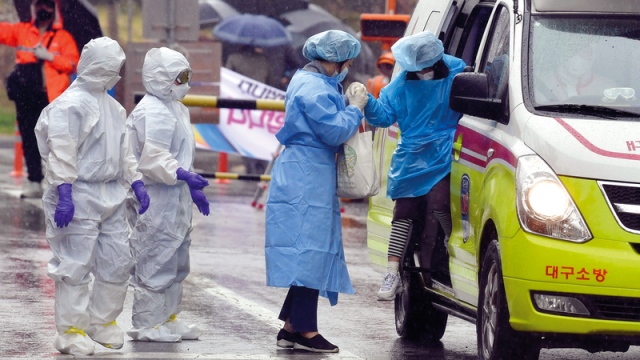
One month after what is now the coronavirus pandemic was declared a “public health emergency of international concern”, it is now causing disruption all round the world on an unprecedented scale.
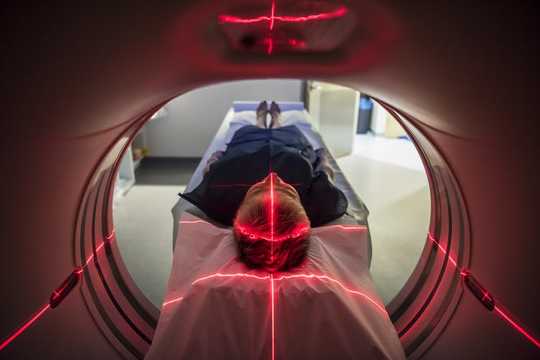
Price transparency is the wrong goal for the free-market health care structure we have in the U.S. Instead, consumers need to know not so much the price, but the costs of things.
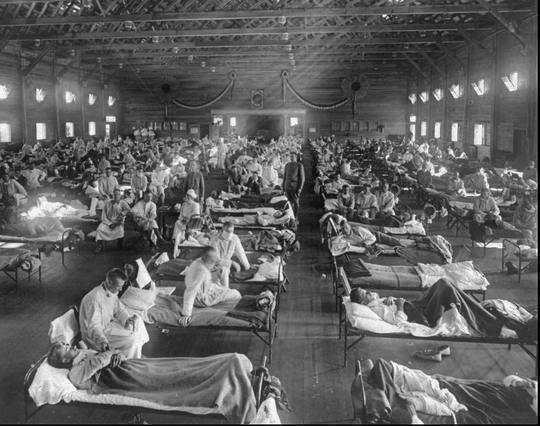
2018 marked the 100th anniversary of the great influenza pandemic of 1918. Between 50 and 100 million people are thought to have died, representing as much as 5 percent of the world’s population. Half a billion people were infected.

A potential crisis simmers in the shadows: The global dependence on China for the production of pharmaceuticals and medical equipment.
- By John Weeks

As the novel coronavirus pandemic continues to unfold, travel restrictions are being imposed around the world.
- By Jake Johnson
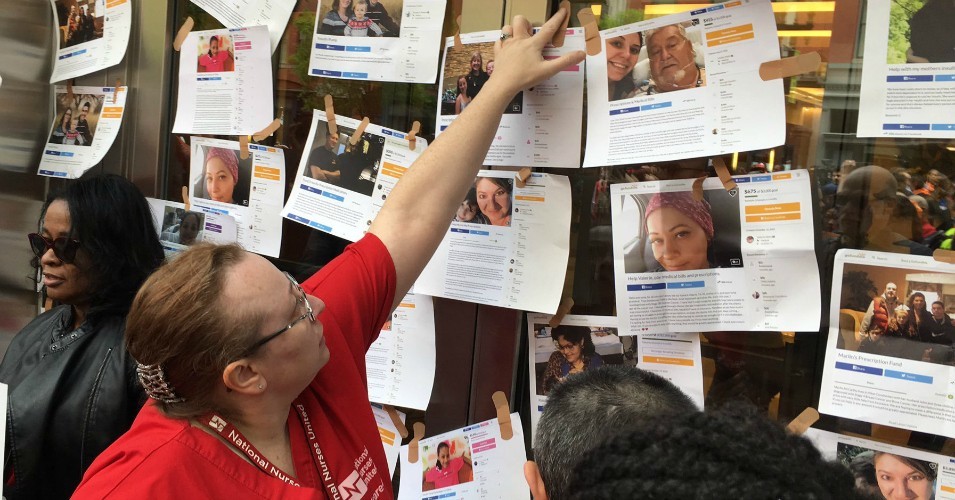
No one should have to beg for money to get the healthcare they need in the richest country on Earth.
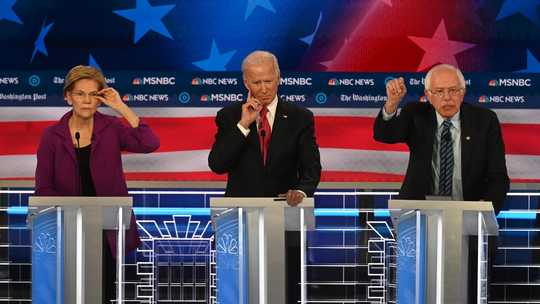
Make no mistake, how we pay for healthcare in the US is broken for many individuals and for many communities. Like a tire with a slow leak, without immediate repair, the outlook for the largest industry in the US economy is bleak.
- By Jake Johnson
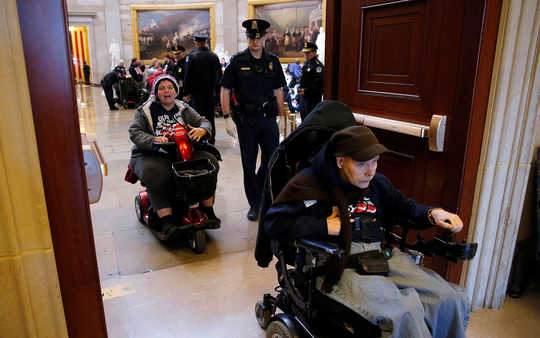
Trump wants to destroy Medicaid while claiming to save it. This fiendish scheme is an Orwellian fable conjured up by the most shameless pack of liars to ever occupy our government.
- By Eoin Higgins
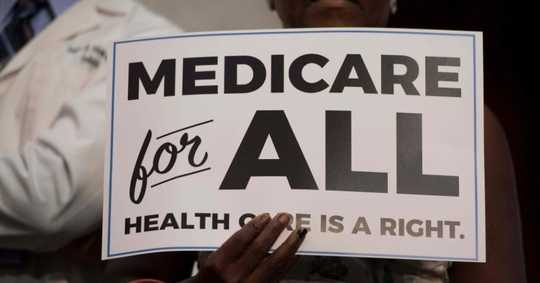
Across the political spectrum, there is near consensus among these economists that a single-payer system would save money.
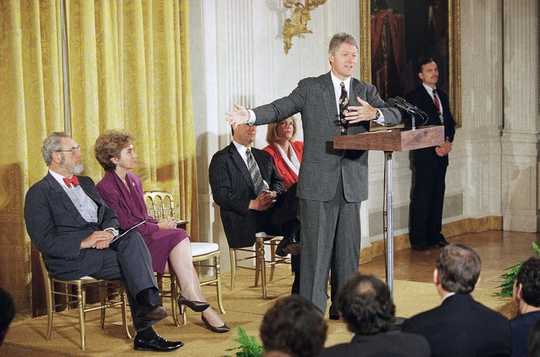
Partisan wrangling over health reform has perhaps been the most acrimonious issue in Americans politics, exemplified by the failed Clinton health reform efforts in the 1990s and the passage of the Affordable Care Act in 2010.
- By Linying Dong

Recently Ontario released its Digital First for Health strategy — aiming to further digitize health care and end the problem of overcrowded hospitals and “hallway medicine.”

Generic prescription drugs have saved the U.S. about US$1.7 trillion over the past decade. The Food and Drug Administration approved a record 781 new generics in 2018 alone, including generic versions of Cialis, Levitra and Lyrica.
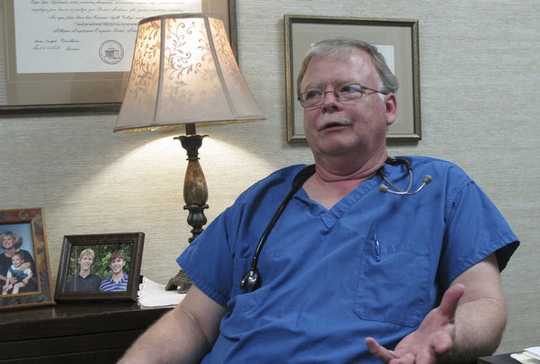
The are tremendous health disparities rural Americans face, in terms of both their own health and accessing care.
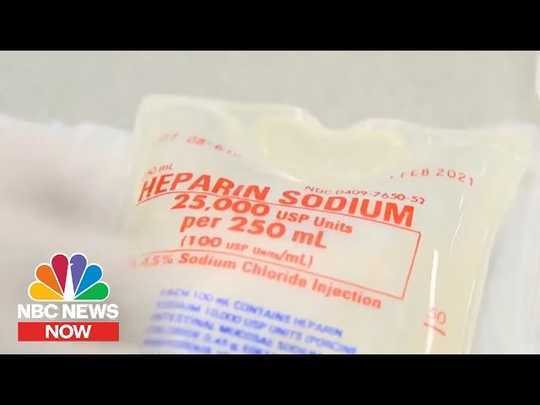
- By NBC News
NBC News’ speaks to doctors at Massachusetts General Hospital about how they are coping with drug shortages and the reason they think it is happening.
- By Dana Goldman

The Democratic presidential debates, which resume Sept. 12, have highlighted a deep disagreement over the future American health care system.

Presidential candidates and other politicians have talked about the rural health crisis in the U.S., but they are not telling rural Americans anything new.
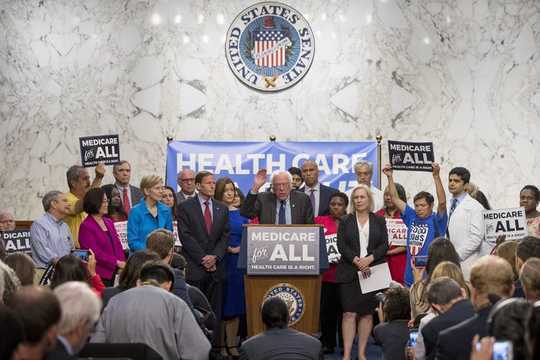
Health care is Americans’ number-one priority, based on recent polls, so it’s no wonder it’s been a hot topic in the Democratic primary.
- By Ray Moynihan

An important new study in the United States has found doctors who receive just one cheap meal from a drug company tend to prescribe a lot more of that company’s products.

Most people expect hospital treatment to make them better. But for some, a stay in hospital can actually make them sicker.

The devastating health effects of the opioid epidemic have been well documented, with over 700,000 overdose deaths and millions more affected.

As I spoke recently with colleagues at a conference in Florence, Italy about health care innovation, a fundamental truth resurfaced in my mind: the U.S. health care industry is just that.















